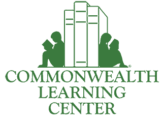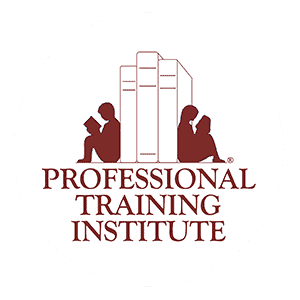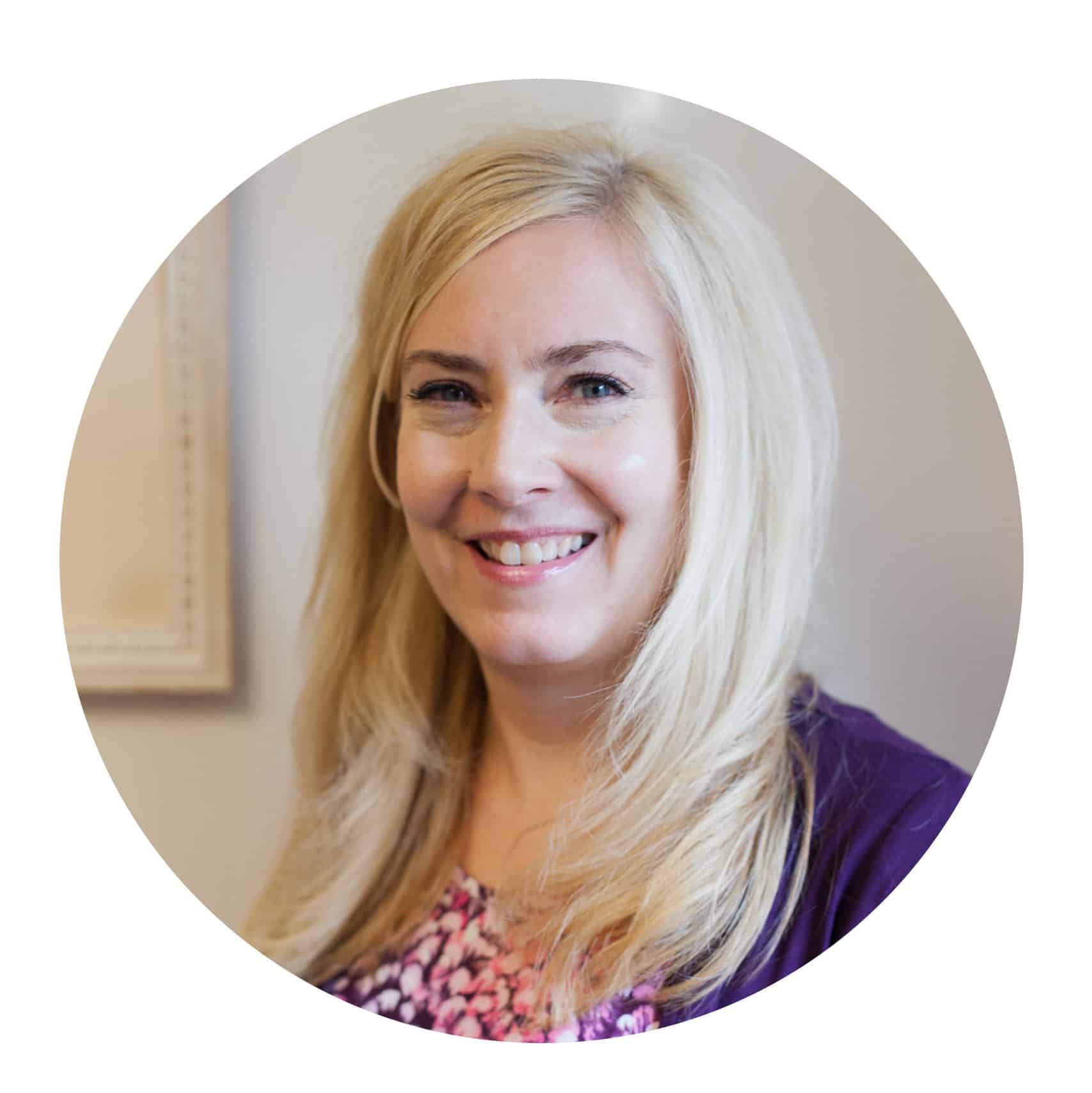
Difficult conversations are exactly how they sound: difficult. They can be uncomfortable, awkward, emotional, and go all wrong. But, with a little guidance, research, and planning, these difficult conversations can actually be really great. You’ll be amazed how much you can learn about your child, how open the lines of communication can become, and that really, it doesn’t have to be so bad.
There are a few things to consider when preparing to talk to your child about his/her learning disability. Notice that I said “preparing.” The best outcomes require a little planning and forethought. Here are some suggestions and tips to keep in mind:
- Get Yourself in Check. Before talking to your child, understand how you feel about your child’s learning disability. Do you have any preconceived notions about it? Do you believe that it’s a difficult obstacle but it doesn’t mean he/she is doomed academically? Are you disappointed? Are you annoyed about the extra money you have to spend on services?Before difficult conversations can happen with your children, you have to ask yourself the difficult questions. And if asking yourself these difficult questions isn’t enough, confiding in someone may be the answer—perhaps talking with a trusted friend who has been through a similar situation.Get your own thoughts and feelings sorted out before you attempt a conversation with your child. If you want to help make your child comfortable and at ease with their learning disability, you have to feel that way first. Kids can read their parents through and through. If you’re faking it, they’ll know.
- Do Some Research. Read articles about your child’s specific learning disability. Get to know it. Understand the strengths associated with it and the challenges that come along as well. Subscribe to blogs written by parents who have kids with similar learning differences. Read stories from adults who grew up with the same learning differences. Learn about their challenges and their successes. Take comfort in the character building, determination, and the incredible work ethic that these kinds of difficulties can bring. Don’t over-Google it—just get yourself familiar.
- Seek Consultation. The truth is you may have no clue how to talk to your child about their learning disabilities, and that’s okay. There are all sorts of ways to approach a conversation with a child about their learning disability. You want yours to be focused on your kid’s thoughts and emotions rather than providing them with an education about their learning disability. That’s what professionals are for.Ask the psychologist who did your child’s testing if you can come in and have them explain the LD to both of you. It’s likely they have a ton of experience having these conversations with kids, and they will know exactly what to do and say. It will be a child friendly explanation and it will give you language to use in future conversations as well. I highly recommend this.
- Plan the Conversation. Think about what you’d like to say and accomplish during the conversation. Make an outline of the points you’d like to make and impart to your child. Remember, Rome wasn’t built in a day, so you may not be doing all of the conversing at once.
- Manage Your Expectations. It might be uncomfortable for your child to talk about this. It’s emotional and stressful, and to be honest, they may still be at the very early stages of processing the information themselves. They may not be capable of talking about it as much as you’d like to, but opening the door, giving permission for dialogue, and letting your child know that you’re available to talk about it any time is a good place to start.That said, don’t expect your child to sit at a table and make eye contact with you while you talk. It’s a good idea not to impose any “directions” or guidance about how the conversation should go. Some of the best conversations you will ever have with your children will be in the car where they do not have to make eye contact with you. Talk anywhere and anytime the moment feels good for everyone.
- Be Proud of Yourself and Your Child. This is tough. It’s hard work to be a parent to a kid with a learning disability. It’s a lot of extra work for you and for your kid. It can be exhausting and seem never-ending. Try to remember, you guys are in this together—you are a team. And if you can create a safe place for open communication and a way to make the difficult conversations a little less difficult, you’ll be able to continue to work together and have a much more resilient and well-adjusted child.
Here, here to the parents who work hard and the kids who work even harder. Keep up the good work!
Want to learn more about facilitating these types of difficult conversations with your child? Join us for Alison’s workshop on Talking With Your Child About Learning Differences at our Needham Learning Center on Thursday, November 17, from 7-9pm.
Alison Ratner Mayer is a Boston-based Licensed Independent Clinical Social Worker (LICSW), providing therapy for children, adolescents, and families. She specializes in running social skills group therapy for children, teens, and young adults.










Jaydin Skinner says: